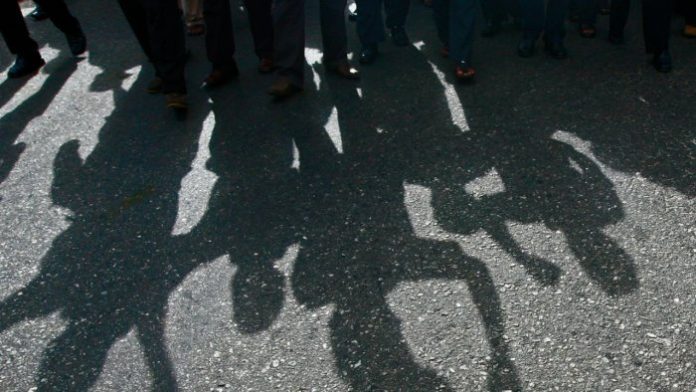New Delhi: Students, teachers, workers, and women’s union members gathered at Jantar Mantar to protest what they described as a growing attack on fundamental rights under Article 19 of the Indian Constitution. Demonstrators carried placards reading “We will not accept any attack on our right to protest” and “Stop shrinking democratic space.”
The protesters opposed the rule that requires citizens to submit a notice 10 days before holding a protest. They argued that authorities often deny permissions without explanation, creating unnecessary hurdles. They also objected to the ban under BNSS Section 163 in New Delhi district, which disallows demonstrations near central and state government offices.
Shreya Ghosh, representing students’ union Collective, said that anyone who speaks against a policy is labeled anti-national. She compared current provisions to the Rowlatt Act of 1919, under which the British arrested people without trial.
Malvika Doon, a PhD scholar from Jamia Millia Islamia, recalled how spaces for protests like Jantar Mantar were once accessible. She said even if permission is granted now, authorities monitor whether the protest is critical of the government.
Nandita Narain, retired professor of St. Stephen’s College, said academic freedom in universities is under threat, with police blocking seminars they dislike. She criticized the Union Home Ministry’s order to study protests since 1974, calling it an attempt to curb dissent.
Organizers announced they would submit a memorandum to the Lieutenant Governor demanding that only prior intimation, not permission, be required for protests in the Capital.




